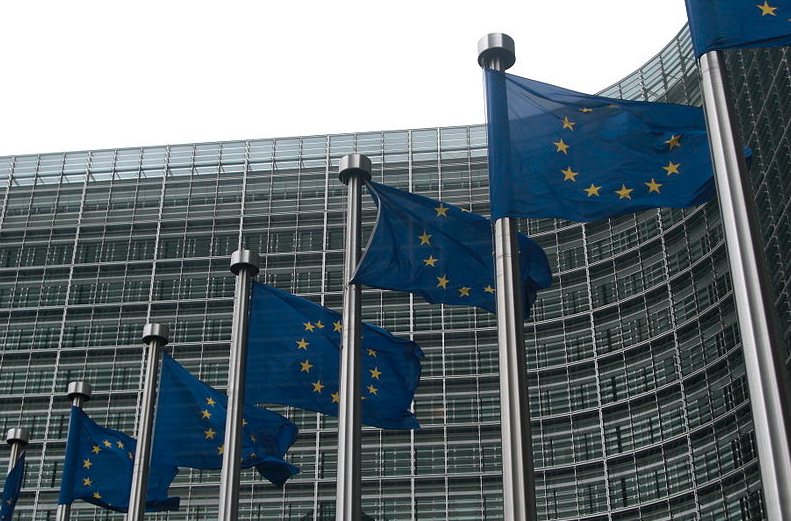
The CEOs of Fluence, Gore Street, Gresham House and six others have penned an open letter calling on policy makers in Europe to set adequate targets and policy frameworks for the deployment of energy storage.
The co-signatories said they welcomed the REPowerEU plan’s ambitious renewable targets and recognition of energy storage’s role in delivering sustainable and reliable energy supply.
Enjoy 12 months of exclusive analysis
- Regular insight and analysis of the industry’s biggest developments
- In-depth interviews with the industry’s leading figures
- Annual digital subscription to the PV Tech Power journal
- Discounts on Solar Media’s portfolio of events, in-person and virtual
“At the same time, we believe that if the accelerated near-term deployment of renewable energy sources is to be successful, Europe needs a rapid rollout of proven and scalable technologies to increase grid flexibility and enable the safe and efficient integration of renewable generation,” they said.
The letter was signed by the CEOs of nine organisations from across the sector in Europe. They are global system integrator Fluence, investors Gore Street Capital and Gresham House, storage project developer MW Storage and clean energy and transport solutions developer Zenobē Energy.
Alongside them are energy storage trade bodies AEPIBAL (Spain), BVES (Germany), Energy Storage Ireland, and German research institutes Fraunhofer Institute for Solar Energy Systems and the Karlsruhe Institute of Technology.
“Despite having access to this ready-to-deploy and cost-effective technology, we continue to
rely on high-emission natural gas-based generation, while the Europe-wide targets that would strategically scale up energy storage projects are yet to be developed and embedded in law,” the letter said.
They said that grid connections for batteries, a massive impediment to deployments today, should be prioritised ahead of other technologies. The introduction of flexible grid connection agreements should be introduced in congested areas too. This week Energy-Storage.news reported on an example of this in the Netherlands.
The letter also said that other technologies like demand side response, optimising pumped hydro and other storage technologies, and taking advantage of interconnections between countries are all critical to the continent’s energy transition.
The European Association for the Storage of Energy (EASE) recently said the continent needs 600GW of energy storage by 2050 to reach its renewable energy goals.






